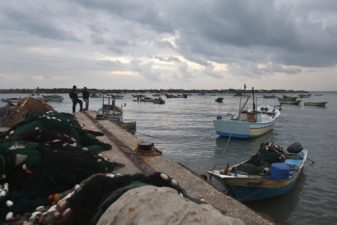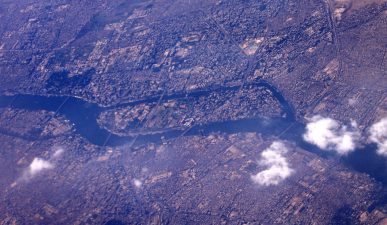 He’s interested in Dead Sea development. Now Israeli billionaire Yitzhak Tshuva appears to have done it again after his Delek Energy subsidiary Yam Tethys won a $1 billion contract recently to furnish natural gas to the Israeli Electric Company (IEC).
He’s interested in Dead Sea development. Now Israeli billionaire Yitzhak Tshuva appears to have done it again after his Delek Energy subsidiary Yam Tethys won a $1 billion contract recently to furnish natural gas to the Israeli Electric Company (IEC).
The gas, according to the Jerusalem Post, will power new electric power plants instead of fuel oil and coal.
Tshuva’s company won out over its main rival, Egyptian-based Mediterranean Gas Company, a company that in the past won out with the Israeli government over the British gas exploration, BG Group, otherwise known as British Gas, to supply Israel with natural gas from a large off-shore gas field located in the Eastern Mediterranean, off the coast of Gaza.
Tshuva, who owns 53% of Yam Tethys, with Noble Energy Inc (headquartered in Houston Texas) owning 47%; won a five year contract to furnish natural gas to new power plants that IEC is building to meet further increased demand for electricity in Israel; much of it due to a significant increase in the purchase of home central air conditioning systems by Israeli consumers in the summer.
IEC had published a tender in 2008 for a supply of up to 5 billion CM of natural gas to be supplied over a five year period. The awarding of this very lucrative contract to Tshuva’s consortiums, may have been partially a result of the announcement back in January that a major natural gas field had been found off the coast of Ashdod, and Haifa. Tshuva’s Delek Energy Company would one of its major developers.
Tshuva is also very interested in the development of other forms of energy, including the use of a proposed canal from the Gulf of Aqaba to the Dead Sea, otherwise known as the “Red-Dead Canal” and mentioned in a previous Green Prophet article.
But despite positive implications of the development of these gas fields, which could turn Israel into an energy exporter, we at Green Prophet feel that it is our duty to point out the environmental impact of large scale drilling and production of natural gas in this part of the Mediterranean, which is situated less than 60 miles off Israel’s coast.
Studies made by marine biologists indicate that even though natural gas is slightly less polluting than crude oil (no oil spills, for one thing), it still results in significant damage to fish and other marine life due to a number of poisons and toxic substances created during the process of natural gas exploration and production, including methane gas, hydrogen sulfide, and other forms of toxins, including that from damaged gas pipelines, which often occurs due to earthquakes, and other occurrences.
These toxins, can cause serious damage to fish populations including disturbing the main functional systems (respiration, nervous system, blood formation, enzyme activity, and others) of fish. Even without such problems, marine life in the Mediterranean is already in dire straits due to pollution by industry, raw sewage, and other contaminants.
Damage caused to the Mediterranean seabed by the gas plat forms, most likely of the “starfish” type which is used for obtaining gas at depths between 500 and 3,500 feet (typical for this section of the Mediterranean), is also a major environmental concern.
While Israeli entrepreneurs such as Yitzhak Tshuva are keenly interested in solving Israel’s energy needs, they might also devote more efforts into renewable energy projects that would be less polluting and more environmentally friendly; especially in regards to greenhouse gases, which are also caused by burning natural gas as a fuel.
And just out today: Israel’s natural gas bonanza is expected to be %16 higher than original estimated. Previously Noble Energy said reserves were estimated at 207 billion cubic meters rather than 178 billion cubic meters.




11 thoughts on “Tshuva's Yam Tethys Gas Company Wins In Natural Gas, But The Environment Loses”
Comments are closed.